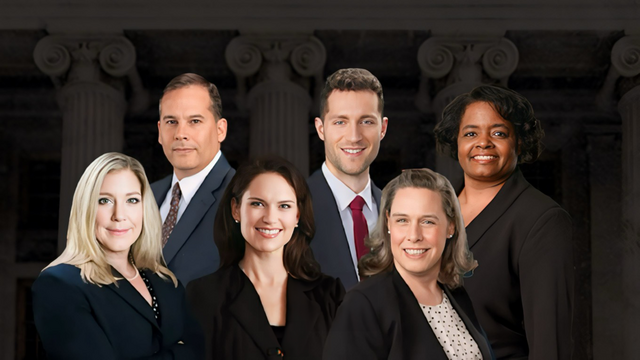Manassas Tax Fraud Lawyer
Taxpayers are legally obligated to accurately report and pay taxes owed to the federal government. When the IRS suspects a person of cheating on taxes or failing to file a tax return, they can refer the case to prosecutors. The case could ultimately result in fines or incarceration. The prosecution must prove that the alleged fraudulent acts or omissions were intentional. Criminal tax fraud is different than negligent reporting or simple tax-related mistakes.
If you or a loved one has been charged with tax evasion or fraud, a Manassas tax fraud lawyer can offer timely advice and vigorous representation. An experienced fraud attorney could actively protect your rights in criminal court.
How Is Tax Fraud Prosecuted in Federal Court?
The average taxpayer will never be formally audited by the IRS. Even fewer will become the subject of a criminal case. However, when the federal government suspects that assets or income have been concealed, or if the IRS denotes fraudulent behavior during an audit, an investigation may be launched.
Once the IRS becomes suspicious, the case can be referred to its criminal investigation division or CID unit. With time, if the CID feels it has sufficient evidence, or the case in some other way merits a substantial amount of federal resources, the case could be recommended for prosecution by the Justice Department. If federal prosecutors decide to pursue the suspected fraud, the person could then be arrested or ordered to report to a federal judge.
Elements of Tax Fraud Accusations
Tax fraud accusations typically feature one or more of the following alleged activities:
- Underreporting income received
- Preparing and filing a false tax return
- Purposefully failing to file an income tax return
- Intentionally failing to pay taxes due
- Claiming fraudulent deductions or credits
A criminal case is typically brought after months of IRS investigation.
The Federal Statute Governing Tax Fraud
Prosecutors are acutely aware of the high bar they must clear before actually obtaining a guilty verdict. The federal statute that guides prosecutors can be found at 27 U.S.C. Section 7201. It requires the government to prove three specific elements:
- The existence of an unpaid federal tax
- An affirmative act by the taxpayer to evade or defeat the tax
- Willfulness on the part of the taxpayer
In federal cases, if the government fails to prove one or more of these elements, the prosecution will fail.
Penalties for Tax Evasion or Fraud
Most of the time, tax evasion or fraud is never detected. When it is, small mistakes or oversights are penalized by an auditor at 20% of the total bill and are designated as civil matters. More serious mistakes will similarly be treated as civil matters but can carry a 75% penalty plus interest.
In high-dollar, evidence-rich cases, the issue will be referred to the Justice Department and the penalty could include hefty fines and possible imprisonment. For felony convictions, prison sentences can range from no jail time up to five years in prison. Perhaps equally devastating is the potential loss of a job, the loss of one’s standing in the community, and a permanent criminal record.
Consulting a Manassas Tax Fraud Attorney
If the IRS is conducting an investigation of your past taxes, you stand to benefit from the experience and advice of a skilled tax fraud attorney. A skilled defense attorney could provide aggressive, informed representation, and assist you at all stages of a criminal case.
When you have a dedicated advocate at your side, you can explore possible negotiations with the IRS, collect evidence that supports your defense, and work towards a reduced sentence or possibly an elimination of all charges. A Manassas tax fraud lawyer is available for an initial consultation and comprehensive case review. Call today to get started.




